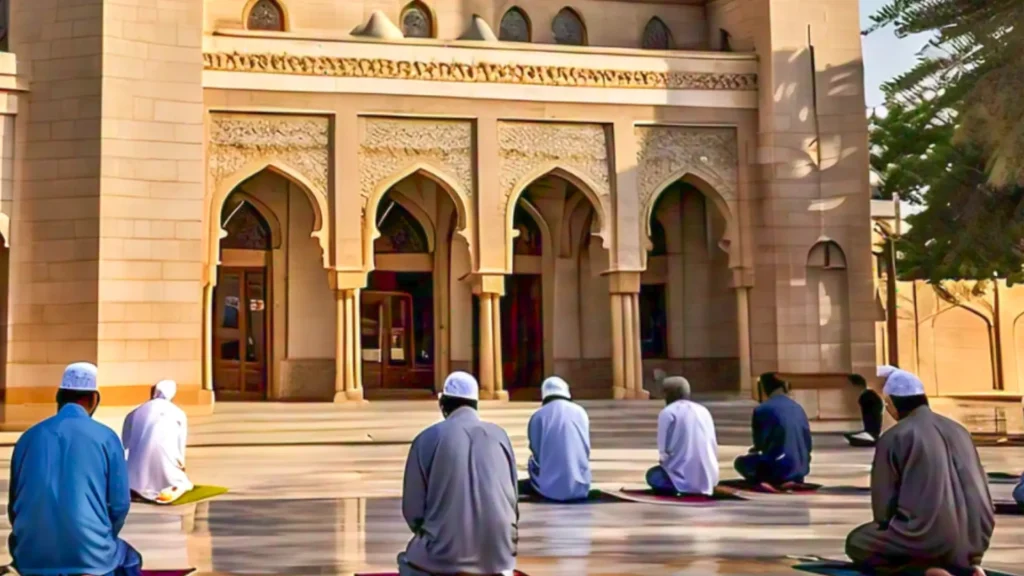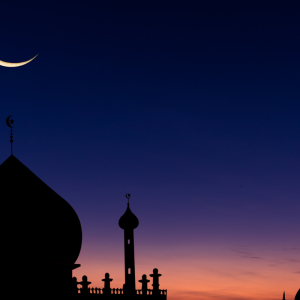Living in the UAE means experiencing a peaceful blend of modern life and deep-rooted Islamic traditions. One of the most spiritual and routine aspects of daily life is the Azan, or the Islamic call to prayer. For many Muslims in Al Ain, knowing the exact Azan time is essential—not only to fulfil religious duties but also to structure their day around moments of reflection and peace.
Whether you are a resident or just visiting this beautiful city known as the “Garden City of the Gulf,” understanding Azan timings can help you stay connected to your faith and embrace the rhythm of daily prayer.
What is Azan and Why It Matters
Azan is the call to prayer that is heard five times a day from mosques across the city. It serves as a gentle reminder to pause and connect with Allah. Each call is done before the five daily prayers—Fajr, Dhuhr, Asr, Maghrib, and Isha.

In Islam, prayer is not only a spiritual act but also a way to maintain discipline and mindfulness throughout the day. The Azan gives people in Al Ain the chance to align their daily activities with moments of worship and peace.
Prayer Times Change Every Day

One of the important things to remember is that Azan times are not fixed. They change slightly every day depending on the sun’s position. For example, the Fajr prayer is held before sunrise, while the Maghrib prayer takes place at sunset. Because sunrise and sunset change daily, so do the prayer times.

That’s why many people in Al Ain either check the prayer schedule each day or use prayer time apps to stay updated. The city’s mosques follow an official Islamic calendar to ensure accurate Azan announcements.
Azan Timings in Al Ain Today
To give you a general idea, here’s what a typical day of prayer times in Al Ain may look like (please note these are examples and should be checked daily for accuracy):
- Fajr (Dawn) – Around 4:50 AM
- Dhuhr (Noon) – Around 12:15 PM
- Asr (Afternoon) – Around 3:40 PM
- Maghrib (Sunset) – Around 6:35 PM
- Isha (Night) – Around 8:00 PM
Keep in mind that these times shift gradually as the days pass. In summer, Fajr may be earlier, while Maghrib may be later. During winter, the times shift again.
How Al Ain Residents Keep Track of Azan Times
In Al Ain, most mosques broadcast the Azan loudly so people can hear it from a distance. But if you’re indoors or in a commercial area, it may be harder to hear. That’s why many Muslims in the city use other ways to stay informed:
- Mobile apps: Prayer time apps like Muslim Pro, Athan, and IslamicFinder are popular.
- Smartwatches and clocks: These gadgets can be programmed to give a reminder at Azan time.
- Local calendars: Some mosques and Islamic centres print monthly prayer time charts.
- Community alerts: Some neighbourhoods share Azan times through WhatsApp or social groups.
Using these tools helps people never miss a prayer, whether they are at work, home, or on the go.
Azan in Public Spaces and Schools
In Al Ain, public respect for Azan is strong. When the call to prayer sounds, many shops lower their music or briefly pause operations. Some restaurants and cafes adjust their schedules during prayer hours, especially during the holy month of Ramadan.
Many schools also have short breaks to allow students to pray. It’s a practice that teaches the younger generation the importance of prayer, discipline, and time management.
Azan Timing During Ramadan and Special Days

During Ramadan, the Azan for Maghrib becomes especially important because it signals the time to break the fast. Families gather with dates and water, waiting to hear the Azan before starting their iftar.
Prayer times during Ramadan are often printed in newspapers, broadcast on TV, and shared on social media. This helps people stay informed and plan their fasting schedule correctly.
Other religious occasions like Eid, Laylat al-Qadr, and the first 10 days of Dhul Hijjah also come with unique schedules and slightly adjusted Azan times to match special prayers or longer sessions at mosques.
Respect for Azan in Al Ain’s Diverse Community
Al Ain is home to people from many different backgrounds and nationalities. Even non-Muslim residents have developed a respect for the Azan, often pausing to listen quietly or scheduling their day with awareness of prayer breaks.
This shared respect has helped create a peaceful coexistence and stronger sense of community in Al Ain, where tradition and modern life go hand in hand.
Tips to Stay Updated with Daily Azan Times in Al Ain
If you want to stay on top of Azan times in Al Ain, here are some quick and easy tips:
- Download a reliable prayer time app and set your location to Al Ain.
- Bookmark a trusted Islamic calendar online or on your phone.
- Follow local mosques or Islamic centres on social media.
- Ask your neighbours or colleagues who may already be tracking the times.
- Use smart devices to set daily Azan alerts.
Staying informed doesn’t take much time and helps you stay spiritually connected every single day.
Final Thoughts
Azan is more than just a call to prayer—it’s a way to bring peace, purpose, and rhythm to the day. For Muslims living in Al Ain, knowing the Azan time is like having a daily spiritual compass. Whether you’re heading to the mosque or praying from home, these moments of connection add meaning and structure to life.
In a city that balances tradition with growth, the sound of Azan reminds everyone of what truly matters: faith, reflection, and the peaceful pause that prayer brings.
Also read: Gold Rate in Abu Dhabi Today: Prices Shine Amid Global Momentum












